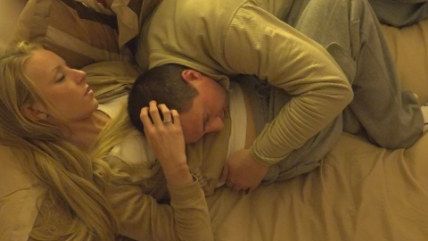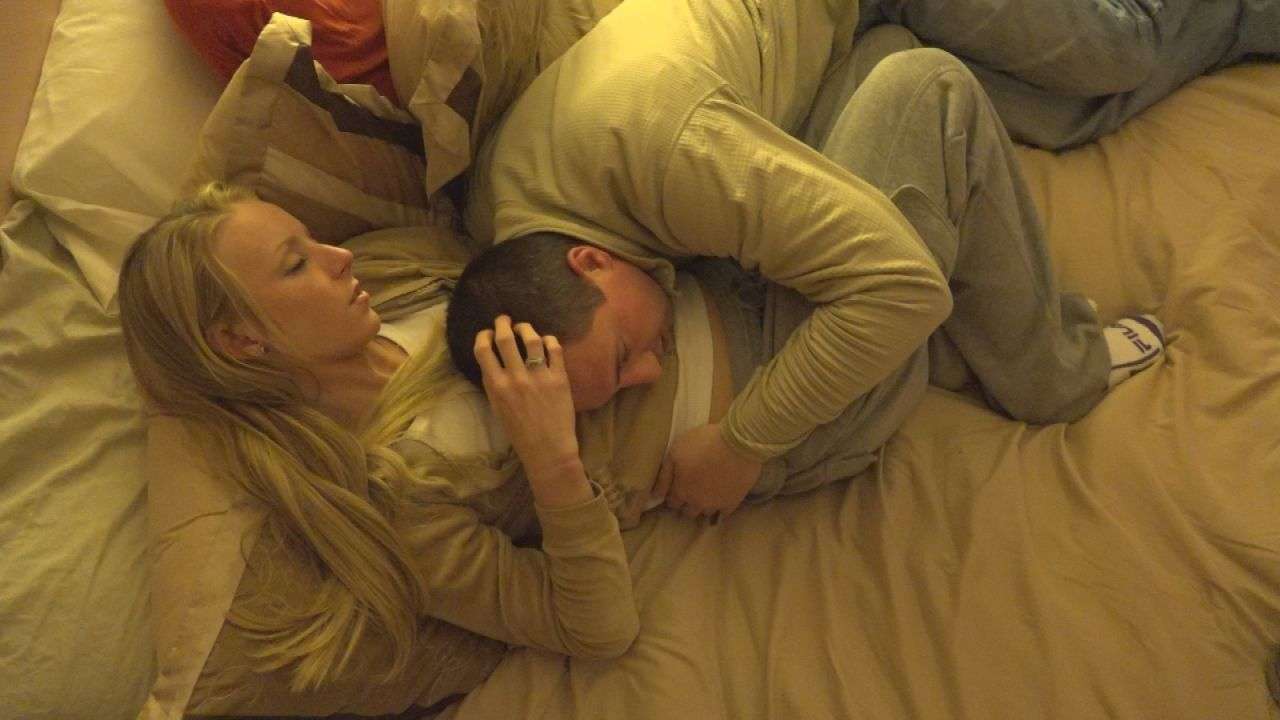Heroin for the Holidays
HBO documentary provides inside look at modern users.


Heroin: Cape Cod, USA. HBO. Monday, December 28, 9 p.m.
When journalists report about heroin, their efforts almost inevitably suffer from the same problem. For short, we'll call it the Halsted Omission.
William Halsted was one of the founders of Johns Hopkins Hospital. He's often credited as the inventor of modern surgery for his pioneering use of anesthesia and sterilized operating rooms. During his distinguished 45-year career, he was among the first American surgeons to perform a blood transfusion, remove a gall bladder or do a mastectomy. He was also, for more than three decades, addicted to morphine, a close chemical cousin of heroin, which impaired his professional and personal lives so little that only his closest associates knew about it.
If you didn't think such a thing was possible, it's not your fault. If there's a form of journalism that suffers from endemic selection bias, it's drug stories. Heroin users who manage to adapt their lives to their addictions, or vice versa, never get mentioned in news accounts or documentaries. Neither do those who try heroin, don't like it, and quit immediately; or those who chip occasionally without falling into real addiction. In the stylebook of drug journalism, "heroin user" means "dead or dysfunctional." Those exist, of course, but they are not the whole story.
The invisible fingerprints of the Halsted Omission are all over Steven Okazaki's new HBO documentary Heroin: Cape Cod, USA, an otherwise (mostly) meritorious exploration of one little corner of the expanding heroin demimonde.
As the documentary notes, the United States is a bull market for heroin right now. Heroin users increased by half between 2002 and 2012, and heroin overdose deaths grew six-fold between 2001 and 2014. Cape Cod, for all its quaint fishing villages and picturesque lighthouses, isn't immune.
Okazaki's crews followed eight young addicts for several months. His access was startling; they buy and sell drugs and even shoot up on camera. (Heroin: Cape Cod is definitely not for the needle-averse.) The result is an unusually intimate documentary that busts some myths even though it protects others.
The addicts are kids in their early 20s, mostly from middle-class homes with loving parents. Almost without exception, they refuse to blame sociological trauma for their drug use.
"I didn't do drugs growing up because i was depressed or I was sexually abused or because i have issues," says one. "I did drugs 'cause they were fun."
That, as much as physiological dependence, is why so many of them have been in and out of so many rehab programs with so little success. "I miss, like, the chaos of running around, copping dope, selling dope. … robbing people, running from the cops," says one, at least temporarily clean after emerging from detox. "My life is so boring now."
Practically everything in Heroin: Cape Cod gives lie to the myth that big government expenditures for treatment can stamp out drug use just as they did measles and whooping cough. The addicts talk about the traditional scramble to score drugs just before entering a program—"everybody gets high before they go to detox, that's what you do" —and after leaving—"every time I'd get out of detox, I'd go get high." (Not that criminalization works, either; one young woman describes the constant parade of dealers through her life: "One would get arrested and another would take up right where he left off.") Barely in their 20s, many of them have already cycled through rehab and re-addiction half a dozen times, punctuated with the occasional arrest.
As for drug education, it only seems to have made them curious. One recalls, in the aftermath of a serious auto accident, being cautioned by a doctor to be careful with the opioid pain relievers he was being prescribed. "'Don't scrape off the coating, don't crush it, don't abuse it in anyway," he recounts the warnings. "Who in their right mind wouldn't be [thinking], 'Okay, if I do this, what's it gonna do to me?'"
That young man, like several in the documentary, turned to heroin after becoming addicted to opioid painkillers like oxycodone following an auto accident. You don't have to accept Heroin: Cape Cod's wild-eyed and unsourced claim that "80 percent of heroin users started with prescription pain killers" to acknowledge that oxy and other popular opiate pain-killers are gateway drugs for heroin.
But just as Heroin: Cape Cod, wittingly or not, provides a wealth of evidence that neither the prohibition nor medical models of the drug war work very well against heroin, it seems to me the real lesson it imparts on oxy is that the federal crackdown on pill mills has backfired in an ugly way.
As pills get more difficult and more expensive to obtain, their users are switching to the far less reliable heroin market, where dosages differ from dealer to dealer and nobody has any idea what kind of stuff has been used to cut the drug. The hazards of dose miscalculation increase exponentially for an inexperienced user who's taking other drugs that can lethally magnify the effect of heroin, a phenomenon known as potentiation that's well-known to researchers if not pillhead rookies experimenting with their first syringes.
It might not matter to the addicts anyway. The Halsted Omission aside, there are clearly some users who fall so profoundly into the grip of heroin that even the fear of death is no deterrent. Several of them are front and center in Heroin: Cape Cod, one young woman who confesses to getting high in a hospital parking lot moments after being released from emergency-room treatment for an overdose. Says another, briefly clean again: "I'm a good girl. I don't know why I do this to myself." Not long after the interview, she did it to herself for the last time, dying of an overdose at 23. The cops couldn't save her; rehab couldn't save her. Maybe a repeal of a prohibition policy that keeps drugs overpriced and unnecessarily dangerous and prevents them being taken in a secure environment could have. And maybe someday we'll have a documentary on heroin that raises that question.
